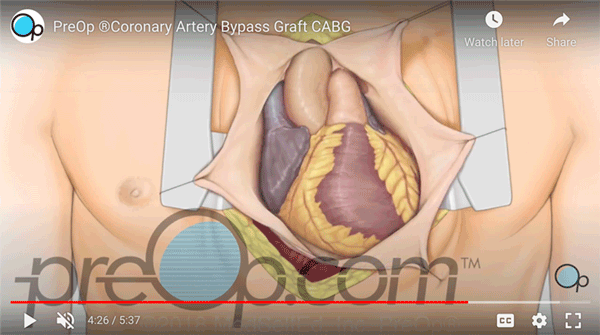What is General Recovery?
Now let’s talk about what may occur after surgery, some risks of surgery, and what you can do to help.
It is important for you to “speak up” and tell your care team if you have more than expected pain or problems.
They will be watching for early, rare complications.
If you have general anesthesia, you may feel awake quickly.
However, these medications can impair your thinking for several hours. Some patients notice effects for days. If your surgery is done as an outpatient, you will need a ride home. Plan to rest.
Do not drive, operate machinery, make important decisions or drink alcohol until the next day. You may be told to restrict your activity for 24 hours, be sure you understand your personal instructions.
If you are admitted to the hospital after surgery, your length of stay will depend on the specific procedures that were performed, any new findings or unexpected outcomes and your other medical conditions.
Before your surgery, know what is planned for you so that you can prepare.
Results and immediate findings of the procedure may be provided the same day.
However if tissue was sent for testing, the biopsy results may not be available until a later date.
Be certain you understand the outcome of your procedure and if, or when you need to follow-up with your surgeon.
For the best recovery, follow your instructions after surgery that may include information about,
- The safe use of medications,
- The timing of return to normal activity, including walking, steps, driving, and showering,
- incision care, to keep it clean and dry, and
- extra rest as needed, to heal from surgery and recover from anesthesia.
Any procedure will make you more tired than you anticipate.
Depending on your procedure you may or may not require a narcotic, opioid, pain medication. Narcotic, opioid, pain medication is most effective the first 1 to 2 days.
Narcotic medication worsens constipation and has other side effects.
For this reason, you may receive a limited number of tablets with your prescription.
Use all medication with care and only as instructed by your surgeon.
You can help your body heal. Eat healthy foods. Avoid junk food, sugary drinks and don’t smoke.
Smoking and high blood sugar slow healing.
If you are instructed to use a heating pad or ice packs after surgery, each must be used carefully and as instructed to avoid accidental injury. Always place a towel first against the skin. Never sleep on, or with a heating pad.
All surgery has some risk of complications, including unexpected injury, bleeding and infection.
A blood clot or DVT can form in the legs or pelvis during or after any surgery.
It can cause a lung complication called a PE or pulmonary embolism. Steps are taken by your care team to help avoid this complication.
Your personal risk of complication relates to, your overall health, the complexity of the surgery, and the experience of your surgeon.
Call your doctor if you have trouble with diarrhea, vomiting or worsening constipation. Call if you cannot urinate, have a fever, or pain that is getting worse even with rest and medication.
Call 911 if you have chest pain, shortness of breath, dizziness, bleeding that doesn’t stop, and any other sign that you may be having a complication from the procedure.
Hospital admission, medication or surgery may be needed to correct some problems.
Now let’s talk about your responsibility, and how you can help the day of surgery.
To avoid cancellation or complications from anesthesia or your procedure, your job as the patient is to
- not eat, drink or chew gum after midnight, the night before the procedure unless you are given different instructions
- take only medications you were told to on the morning of the procedure with a sip of water
- follow instructions regarding aspirin and blood thinners before surgery,
- and arrive on time
You should be ready to verify or confirm your list of medical problems and surgeries, all of your medications, including vitamins and supplements, your current smoking, alcohol and drug use and all allergies, especially to medications, latex and tape.
All surgery and anesthesia have a small but possible risk of serious injury, even some problems very rarely leading to death.
It is your job to speak up and ask your surgeon if you still have questions about why this surgery is being recommended for you, the risks and alternatives.


